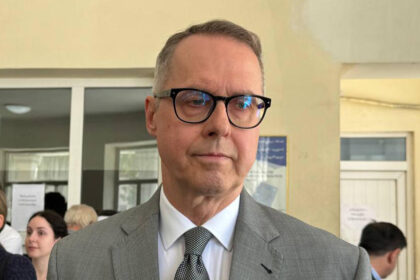**Six Foreign Nationals Detained in Georgia for Living Without Legal Status**
In a joint operation, employees of the Migration Department and the Border Police of the Ministry of Internal Affairs have detained six citizens from Turkey, Iran, India, Iraq, and Egypt. These individuals were found to be living in Georgia without proper legal grounds, violating the country’s law “On the Legal Status of Aliens and Stateless Persons.”
According to official information released by the MIA, it was discovered that these foreign nationals had been abusing the timeframes provided by the asylum procedure. Instead of leaving the country voluntarily within the specified deadlines, they remained in Georgia for years without obtaining a legal status.
**Why Did They Remain in Georgia Without Legal Status?**
The detainees’ failure to comply with the expulsion decision made it necessary for the Migration Department to take further action. As stated in the official statement, the individuals were detained and placed in the Temporary Accommodation Center of the Migration Department. The main goal is now to return them to their countries of origin.
This operation highlights a pressing issue in Georgia – the presence of foreign nationals living without legal status. It’s worth noting that such cases can lead to various problems, including potential security risks and social tensions within communities.
**Implications for Georgia**
The recent detention of these six individuals raises questions about how Georgia manages its asylum procedures and ensures compliance with immigration laws. As a country, it’s essential to strike a balance between providing refuge to those in need and maintaining the rule of law and public safety.
In this context, the joint operation by the Migration Department and the Border Police demonstrates a commitment to enforcing Georgia’s immigration policies. However, further analysis is required to understand the root causes behind these cases and develop effective solutions to prevent similar situations from arising in the future.
Read More @ www.interpressnews.ge












